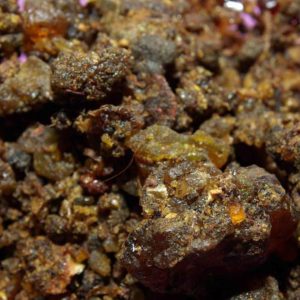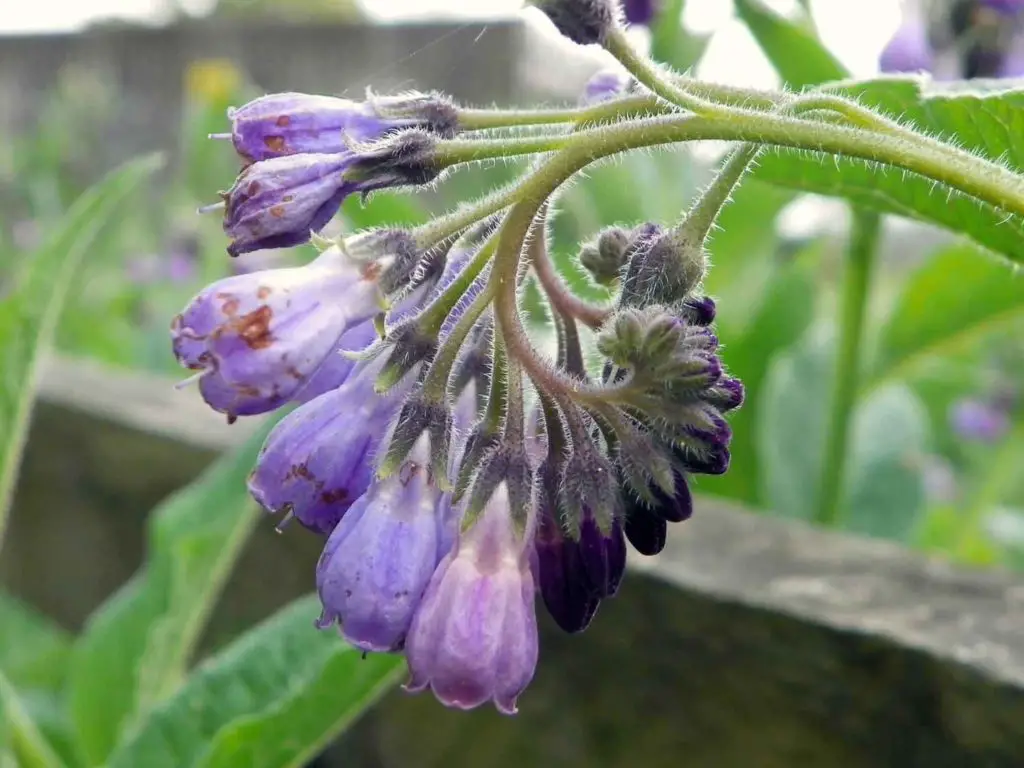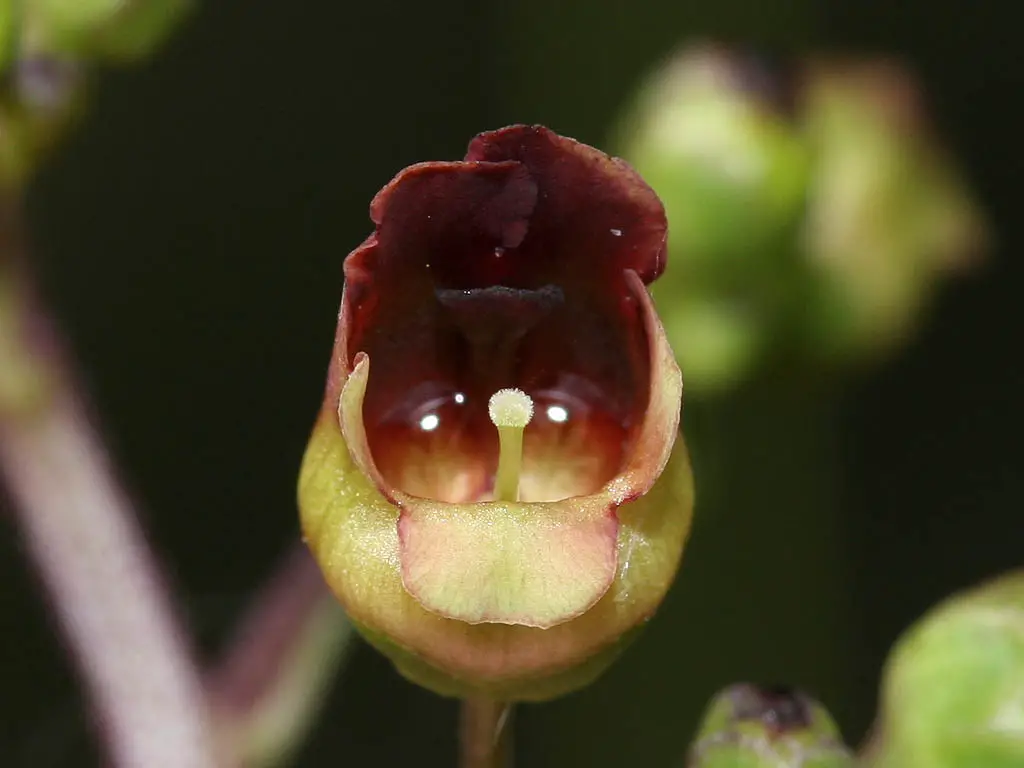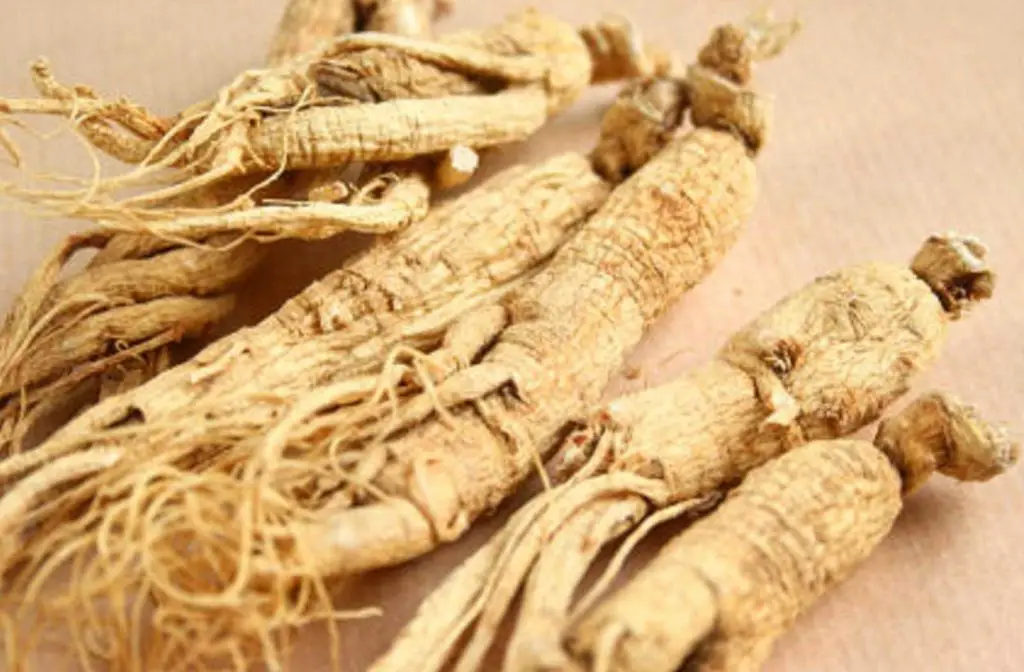What is Guggul?
Guggul (also known as Commiphora mukul) is the common name referring to the Indian bdellium tree. Among practitioners of both Unani and Ayurvedic medicine, it is a traditional staple for multiple ailments and disorders for three millenniums. Extract of the plant has been used in traditional tonics and cures for weight loss and as a treatment for arthritis, seizures, edema, urinary ailments, liver dysfunction, ulcers, tumors and sores. Traditional healers have also utilized it for a variety of parasites such as intestinal worms and considered it an active ingredient in tonics for heart health.
Use of Guggul for medical purposes in contemporary applications was first approved in 1966. It was when animal studies were first conducted for medical testing. After twenty years of research, guggul met the standards for marketing and distribution as a drug for hypolipidemic purposes in India. As such, it is now widely available on the commercial market and is sold to those hoping to lower cholesterol.
The extract of gum derived from the Guggul plant is known as either Gugulipid, Guggulipid or Guglipid, respectively. Scientists and physicians credit its medicinal properties to a primary active ingredient that they have coined as Guggulsterone. Guggulsterone is a chemical component of Guggul extract the acts as a steroid. It acts as an antagonist to the Farnesoid X Receptor. This is the reasoning behind the common belief that Guggul contributes to lower levels of cholesterol and all the health benefits that come with it.
For a similar gum used in Ayurvedic healing, you can also check out Tragacanth Gum, also known as Gond Katira.

Guggul Benefits and Uses
Anti-Inflammatory
Extract of Guggul has been utilized as a component in many anti-inflammatory treatments. Research on animals appears to support this usage, as both rats and mice showed improvement similar to subjects who had been dosed with phenylbutazone and/or ibuprofen. Tests showed that edema on the paws of the test subject was inhibited. Human testing conducted at both McMaster and Western Ontario University, involved a group of elderly test subjects receiving three daily doses of 500 milligrams of a substance that contained 3.5% Guggulsterone. All test subjects were patients diagnosed with osteoarthritis of the knee and studies showed significant improvement among the test groups. Physicians believe further testing is needed to confirm Guggul’s anti-inflammatory properties as clinical testing has shown inconsistent results.
Cancer
Currently, researchers are looking into the effect C. mukul has on all forms of cancer. By performing in vitro studies, they have determined that the extract has some effect, such as inhibiting angiogenesis and inducting apoptosis in some cases. However, further research is needed as clinical trials have yet to commence.
Heart Health
Guggul has a long history of being used for cardiac treatment. Testing has shown that guggul may have a positive effect on heart health. Rats have been treated with C. mukul in the form of a hydroalcoholic extract. Test subjects showed improved cardiac activity. Researchers and physicians believe that guggulsterone improves cardiac operations by making the enzymes more effective at fighting against necrosis brought on by drugs. Trials on human subjects have dated back to the early days when researchers were first looking into putting traditional Ayurvedic medicines to the test. In a study with two hundred human patients suffering from ischemic cardiac disease, both C. mukul and another Ayurvedic treatment known as Inula racemosa was given to the test subjects. This resulted in lower incidences of chest pain and dyspnea as well as improved electrocardiogram readings.
Diabetes
Research has been conducted to show the effects of Guggul on both patients who are either affected by diabetes or at risk for contracting diabetes, as well as animal subjects who have had diabetes induced upon them. A study showed that when extract C. mukul was administered to mice who had induced diabetes, there was an overall improvement. Not only had their lipid profile improved, but they gained weight at a slower rate, had reduced insulin in their plasma and improved their body’s tolerance to glucose. Further human testing is needed for conclusive data for the results of Guggul on diabetic patients. To date, only minor trials have been conducted, such as one involving the administration of Guggul paired with a moderated diet. Patients who weighed over ninety kilograms in the study experienced weight loss over the course of thirty days.
Thyroid
It is suspected that administration of Guggul in conjunction with other substances can improve the side effects associated with an endocrine disorder. Although no clinical trials have been conducted on humans, animal testing has proven to be hopeful, showing that the extract of C. mukul seemingly corresponds with a reversal of hypothyroidism and improved levels of triiodothyronine. This effect was the result of testing on mice, who had an artificially-induced hypothyroid state.
Cholesterol
One of the more prevalent attributes of Guggul by those who market it is its suggested ability to lower HDL (high-density lipoprotein) levels. Animal testing shows that the Guggulsterones present in C. mukul extracts have behaved antagonistically towards receptors activated by bile salts. This causes a decrease in both triglycerides and HDL as was seen after fourteen weeks of testing on rabbits, which resulted in a reduced rate of cholesterol. Further testing is needed on humans, as clinical trials have been limited in quality and scope. The majority of studies that have taken place have been conducted in the Eastern portion of India. Published results reported reduced HDL and cholesterol levels. However, in a study conducted with similar parameters in the U.S. showed an increase of LDL (low-density lipoprotein). This is inconsistent with the claim that Guggul can lower cholesterol.
Weight Loss
Guggul appears to be an effective tool in increasing metabolism and decreasing weight. Several tests have been conducted on animals, as well as humans, showing weight loss in obese test subjects and patients.
Acne Treatment
The lipids in Guggul gum are believed to be effective in treating nodulocystic acne. Clinical trials confirmed this when twenty-five grams were administered to a total of twenty patients with nodulocystic acne. The results showed a marked improvement.
Estrogen
The Guggulsterones in Guggul appear to activate the estrogen receptor alpha isoform. If you have a condition that is hormone sensitive, avoid Guggul (for examples see below).
Guggul Dosage
Although recommend dosage of products containing Guggul ranges based on a variety of factors, there are a few universal standards for intake. Recommended dosage of Guggul in the form of pure extract derived straight from the plant is three daily intakes, ranging from four to five hundred milligrams. Most physicians recommend that these are accompanied by meals. This would total into a daily dosage ranging from twelve to fifteen hundred milligrams. However, there are known instances where as much as two thousand milligrams are recommended on a daily basis.
If taking Guggulsterones derived from Guggul, then much smaller increments are recommended to be taken with meals. The standard dosage for this is twenty-five milligrams. This is the recommended method for those hoping to treat acne or other associated skin problems.
For those taking Guggul in the form of “gum”, it is recommended that doses are spread out throughout the day totaling in the amount of two to four and a half grams.
Guggul Side Effects, Warnings, Interactions
Physicians and researchers generally agree that appropriate intake of Guggul and Guggul products is safe. Most clinical trials where Guggul was administered showed results lacking in serious side effects for as long as twenty-four weeks. There are some who even argue that regular intake of Guggul can be safe for up to seventy-five weeks.
It is not recommended that consumers exceed dosages of six thousand milligrams per day. Such high doses can result in hiccups, belching, loose stools, diarrhea, upset stomach, headaches, anorexia, nausea and vomiting. It is recommended that patients suffering from digestive issues such as regular diarrhea, Irritable Bowel Sydrome (IBS), Inflammatory bowel disease (IBD), Ulcerative Colitis or Crohn’s disease avoid Guggul. Guggul has also been known to cause epidermal rashes and itchy skin, both associated with allergies.
Pregnant and breast-feeding women are warned to avoid intake of Guggul as it may cause endangering side effects such as stimulation of the uterus and it has been known to activate menstrual flow. To date, clinical trials showing the effect of Guggul on breast-feeding mothers and their children have yet to be conducted. As a result, it is recommended that breast feeding mothers avoid Guggul.
Hemophiliacs and others with similar bleeding disorders are advised to avoid Guggul, as it has been shown to slow the process of blood clotting. Wounds may be slower to heal, and bruises will form/heal over a longer period of time in some cases. Physicians warn that Guggul may increase the risk of bleeding post-surgery and recommend that patients stop Guggul intake at least two weeks prior to surgery.
Guggul has been shown to react in the body in a manner similar to estrogen. It is recommended that those who are recommended to avoid estrogen (such as patients with ovarian cancer, uterine cancer, breast cancer, uterine fibroids or endometriosis) avoid Guggul as well.
Guggul may interfere with treatment for thyroid issues such as hyperthyroidism or hypothyroidism. It is recommended that patients being treated for either an overactive or an underactive thyroid consult their physician before taking Guggul.
Guggul may interact with the following substances: birth control pills or any treatments containing estrogen, medications containing diltiazem such as Tiazac, Dilacor and Cardizem, Mevacor, Lipitor, Nizoral, Sporanox, Allegra, Halcion, Plavix, Voltaren, Cataflam, pain killers containing ibuprofen such as Motrin and Advil, Anaprox, Naprosy, Fragmin, Propranolol, Inderal, and Nolvadex.
Buying Guggul
Interested buyers should be cautious when purchasing Guggul or products containing Guggul. Over harvesting for the purposes of traditional medicine has resulted in a lot of fake products. Efforts have been taken by India and the National Medicinal Plants Board to curtail the diminished population, including projects to educate harvesters and growers of Guggul, while cultivating additional acres of the plant. As such, it is generally recommended that any buyer interested in purchasing Guggul should look into the sale and manufacture of the product to ensure that they are utilizing methods that are safe, sustainable and ethical.
Where can I buy Guggul?
References:
https://www.ncbi.nlm.nih.gov/pubmed/7798429
https://www.ncbi.nlm.nih.gov/pubmed/15075359
https://www.ncbi.nlm.nih.gov/pubmed/18078436
https://www.ncbi.nlm.nih.gov/pmc/articles/PMC4637499/




